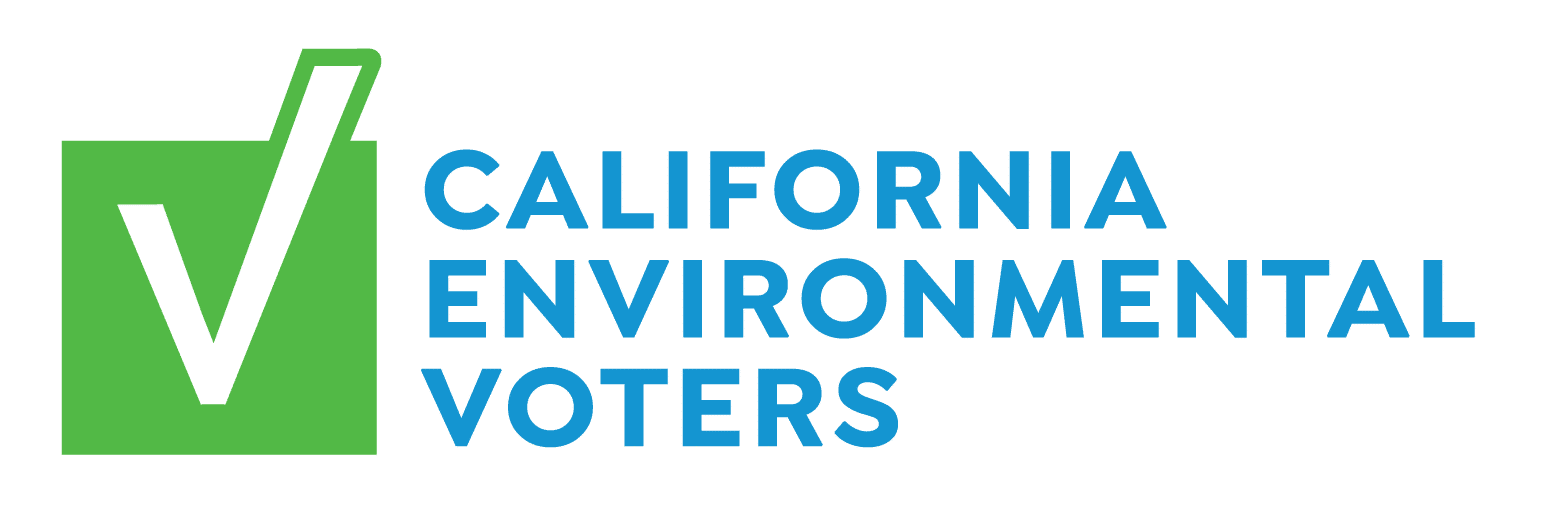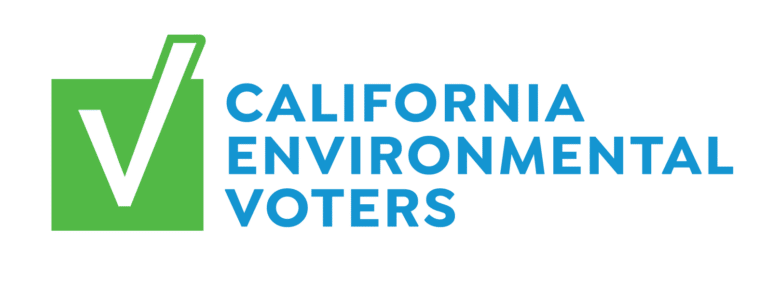On January 21, the United States Supreme Court issued an opinion that represents a dramatic overhaul of the nation’s campaign finance system. In a 5-4 decision on Citizens United vs. FEC, the court declared that corporations are allowed to make unlimited independent expenditures to influence the outcomes of federal elections.
According to the Washington Post:
The decision upends the court’s precedent that corporations may not use their profits to support or oppose candidates, and it rejects a large portion of the so-called McCain-Feingold campaign finance reform act that the justices had declared constitutional just six years ago.
The stunning decision will have major repercussions for efforts to protect the environment , reduce pollution, and move to a clean energy economy, as the national League of Conservation Voters President Gene Karpinski wrote in today’s Huffington Post:
This ruling will open the floodgates for oil companies like Exxon Mobil to spend vast sums of money to support candidates who stand with them and against a clean energy future. That’s because for-profit corporations now have the ability to tap into their general treasuries for their electoral work, as opposed to having to work through more restricted connected federal PACs.
Consider the fact that Exxon Mobil’s federal PAC spent just over $800,000 in the 2007-2008 election cycle. During the same time period, the oil giant spent more than $45 million on lobbying at the federal level, an advocacy area where there are no limits on how much can be spent. Even a small diversion of these funds from lobbying to elections would drastically increase the spending imbalance between Big Oil and those of us fighting for a cleaner, healthier planet.
The bottom line is that with unlimited spending permitted in the electoral arena, misinformation campaigns by Big Oil and other special interests will be amplified and more lethal, potentially drowning out the voices of the majority of Americans who support investing in clean American energy and reducing harmful carbon pollution.
California political strategists immediately pointed out that the ruling could hurt Senator Barbara Boxer’s re-election chances. According to Democratic political strategist Bill Carrick, the ruling will give a boost to Boxer’s Republican opponents:
“This is obviously going to help conservatives and Republicans more than Democrats because corporations and corporate-backed outside groups tend to align with conservative interests. I think the amount of money that unions, trial lawyers and environmental groups can put into this is much, much lower than what corporate America can spend.”
As KQED-FM’s John Meyers points out, the ruling won’t impact other California races (e.g.: for governor or the state legislature) and in fact, can be seen as yet another example of the nation following the Golden State’s example:
[I]t is worth noting that the decision appears to create a national system that mirrors the one in existence here in California since voters approved Proposition 34 almost ten years ago — a system where contributions made in support or opposition of a candidate, but independently of that candidate’s campaign, aren’t subject to any limits.
“Now the federal system is the same as California,” said Jessica Levinson, political director of the Center for Governmental Studies… Levinson says the ruling from the Supremes is a “game changer” in the world of political money, and will no doubt lead to a “flood” of money from big corporations and labor unions into the 2010 election season.
(Before we go any further, an important note: the ruling has no impact on races in California for governor, legislative seats, or other state constitutional officers. It only applies to campaigns for federal contests like those for Congress, and only then to independent political organizations; it did not wipe out existing campaign contribution limits made directly to candidates.)
So what kind of change has the no holds barred money allowed under Prop 34 brought to California politics? Plenty, according to a report last year from the state’s campaign watchdogs, the Fair Political Practices Commission.
In many ways, the world of independent expenditures, “IEs” in political parlance, has meant candidate controlled committees are no longer the main focus of California’s campaign cash bonanza. And CGS’ Levinson says that for any state with laws on the books mimicking the national McCain-Feingold law at the heart of Citizens United, it won’t be long before they, too, become like the wild west of California politics.
President Obama released a statement on the ruling:
“With its ruling today, the Supreme Court has given a green light to a new stampede of special interest money in our politics. It is a major victory for big oil, Wall Street banks, health insurance companies and the other powerful interests that marshal their power every day in Washington to drown out the voices of everyday Americans. This ruling gives the special interests and their lobbyists even more power in Washington–while undermining the influence of average Americans who make small contributions to support their preferred candidates.”
Obama said his administration would “get to work immediately with Congress on this issue” and collaborate with both Democratic and Republican leaders on a “forceful response.”


